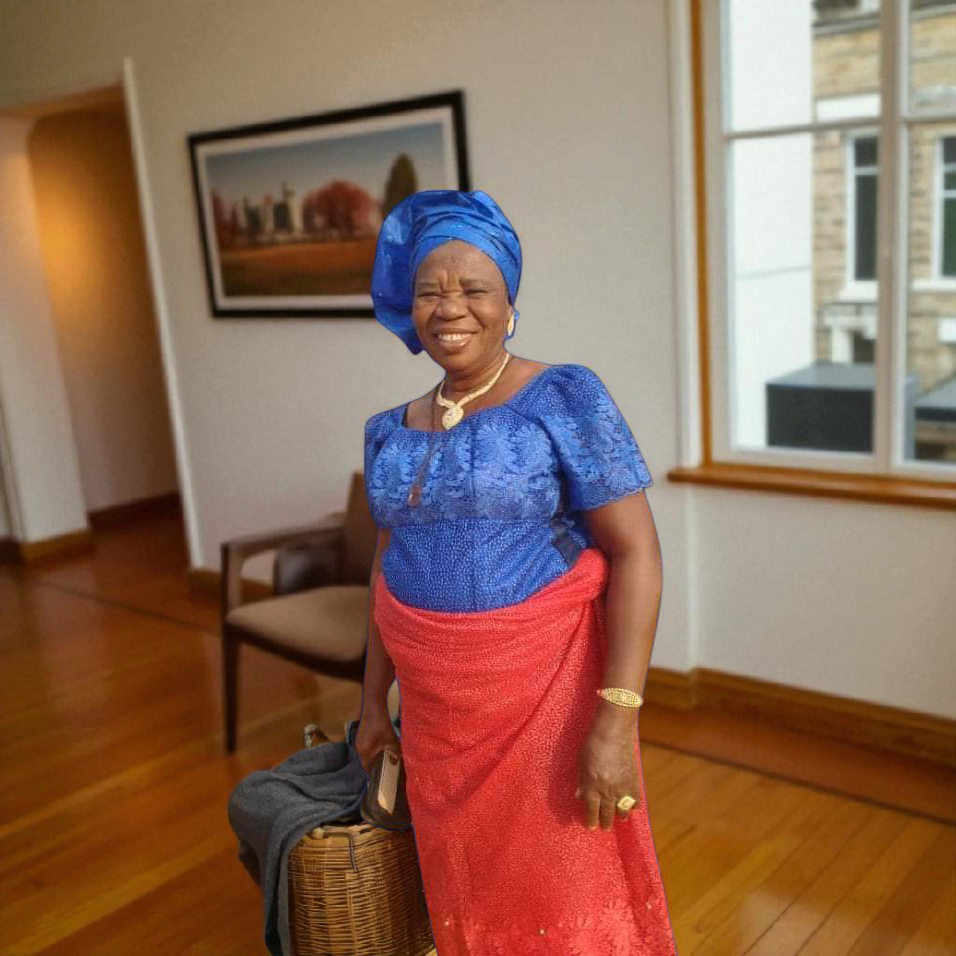Sponsored Advertisements
Silent Struggles: Mental Health Realities in Nigerian Universities
Leave a Reply
New Discussions
-
💚 TONIGHT ON KONNECT: THE REVOLUTION HAS BEGUN 🚀

Angelic Beauty
2 mins ago00 -
PRAYER THAT DESTROYS SATANIC-SPONSORED DREAMS

Michael
5 mins ago00 -
My journey to freelance: "Continuation 9"

Penvibe
20 mins ago00 -
PRAYER THAT DESTROYS REPRODUCTIVE ORGAN DISEASES

Michael
25 mins ago00 -
THE DAY I MISSED MY FIRST ONLINE EARNINGS.

Oscar
26 mins ago00













Nia23
49 days agoSilent Struggles: Mental Health Realities in Nigerian Universities
Ada, a 300-level student in Lagos, looked strong on the outside. She attended lectures, smiled with friends, and kept her grades up. But behind her cheerful face, she battled constant anxiety and sleepless nights. Like many students, Ada didn’t feel safe admitting her struggle. “Who will even listen to me?” she asked.
Her story is far from unique. Across Nigerian universities, thousands of students silently battle anxiety, depression, and burnout every single day.
The Pressure Cooker of Campus Life
For Nigerian students, university life is more than just academics. It’s survival.
Between unstable calendars caused by strikes, overcrowded lecture halls, financial stress at home, and the constant fear of an uncertain future, the weight can be overwhelming. For many, every semester feels like a test of endurance rather than learning.
The Culture of Silence
Even when students recognize their struggles, they often suffer in silence. Talking about mental health is still taboo in many Nigerian homes and campuses.
“You’re overthinking it.”
“Just pray about it.”
“Don’t be weak.”
These are the kinds of responses students receive. And while faith and resilience are important, this culture of silence only deepens the pain.
How Students Cope
Some find relief through:
But sadly, others resort to unhealthy escapes from alcohol to things worse or simply withdrawing from life altogether.
What Needs to Change
Experts agree the solution is multi-layered:
Conclusion
Mental health is not a luxury; it is a necessity. Every student deserves to graduate not only with a degree but with peace of mind. Until universities, families, and society begin to truly listen, too many young people will keep asking the heartbreaking question: “Who will hear me?”